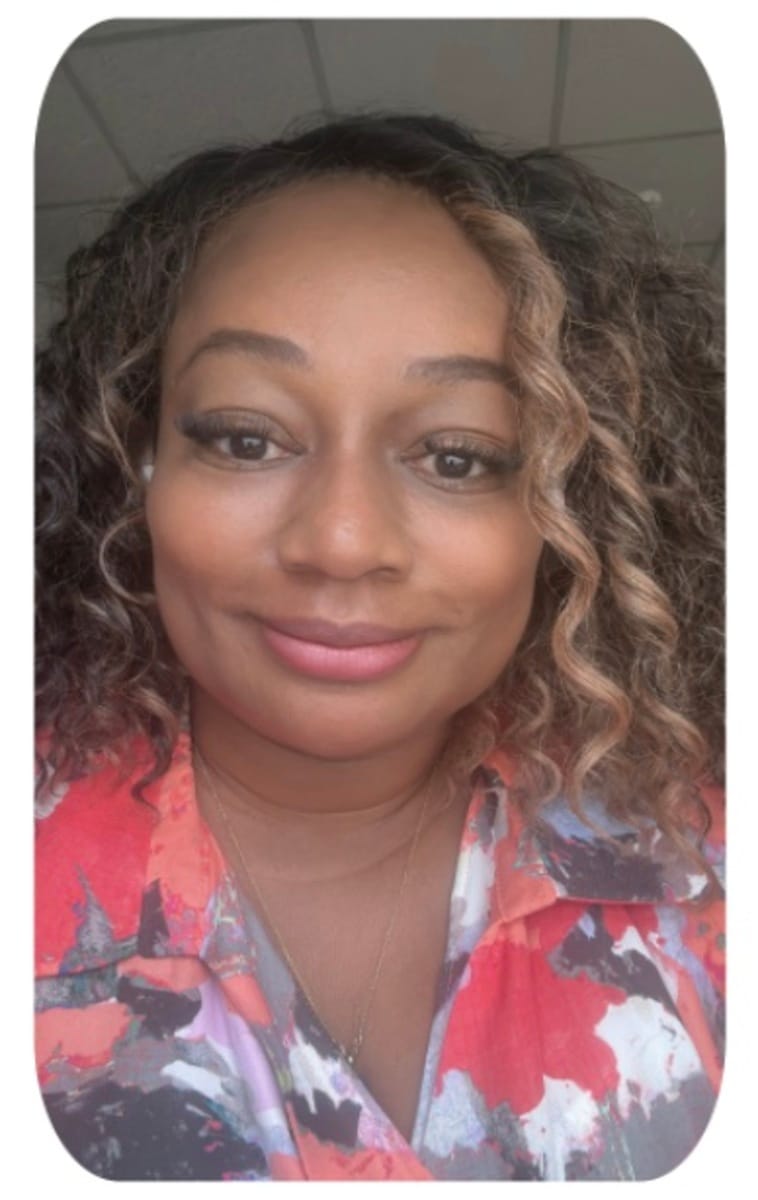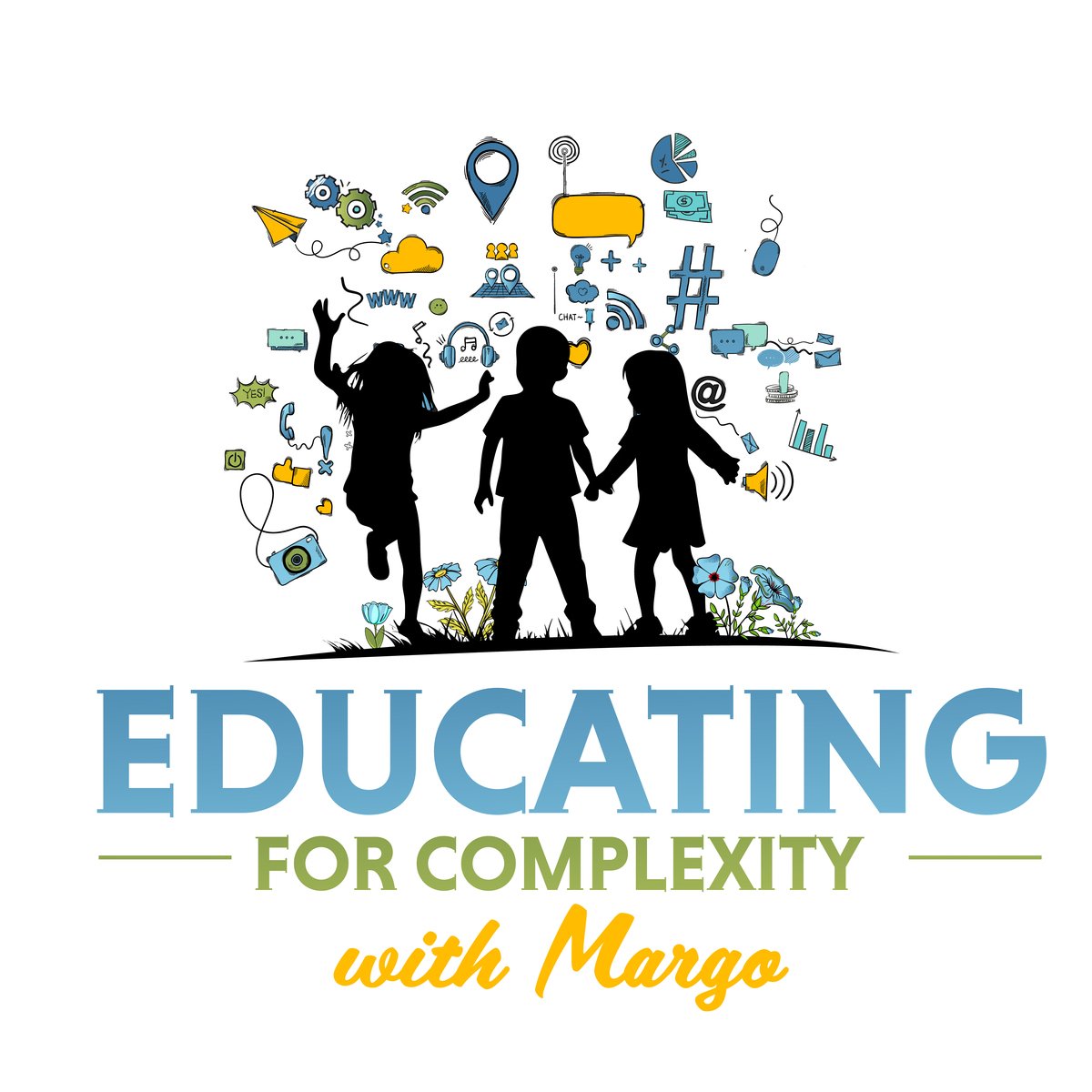Why Competency-Based Learning Matters in an AI-Driven Future (and Might Just Save Us From the Robots)
Over the past month, I’ve found myself reflecting deeply on the dramatic changes reshaping our world. We’re living in the midst of the Fourth Industrial Revolution, and it's raising a big question: Are we giving young people the opportunities they need to build meaningful, transferable skills—skills that will serve them throughout their lives?
As part of this exploration, I’ve been writing a series on whether college is still relevant. (Check out [Part One] and [Part Two] if you haven’t yet.) I started to feel a bit like I was on an island—until I I stumbled into a podcast by Jennifer Gonzalez, creator of The Cult of Pedagogy, who reminded me about the work of the Mastery Transcript Consortium who have been advocating for the shift to portfolios instead of transcripts for schools and college admissions.
Picture this: your kid comes home from school excited—not because they aced a multiple-choice test on mitochondria (though, go mitochondria), but because they led a roundtable discussion on climate solutions. And the presentation was recorded with their reflections before and after the presentation. No frantic grade-chasing, no mystery letter grades. Just learning that feels... real and meaningful to the learner.
That’s the world of competency-based learning (CBL), and it’s not just a warm and fuzzy alternative to traditional grading. It’s a game-changing approach, especially in a world being rapidly rewritten by artificial intelligence.
So what is it?
CBL is about mastering skills—not memorizing facts for a quiz you'll forget by Tuesday. Students progress when they’ve actually learned something, not just when the calendar says they should. Teachers use school-wide rubrics (think: one giant, organized checklist of awesomeness) to evaluate critical skills like analysis, communication, collaboration, and creativity. These skills don’t expire like last year’s math formula—they grow with students across subjects and into their lives.
A recent episode of the Cult of Pedagogy podcast dove deep into this with educators Jennifer Gonzalez, Susie Bell, Heather Messer, and Beth Blankenship. They showed how CBL can work in both ultra-progressive schools and good ol’ traditional public schools. Students complete real-world projects, build portfolios, and reflect on their learning. It’s not about “getting an A”—it’s about getting better. Imagine that.
Now, let’s talk about AI, the digital roommate we didn’t ask for but now live with.
AI is increasingly handling the routine stuff—grading essays, organizing data, even answering homework questions faster than your kid can Google “What’s the square root of regret?” So what’s left for humans to do?
Turns out: the most important stuff.
Skills like critical thinking, empathy, creative problem-solving, and collaboration—these are human superpowers AI hasn’t cracked (yet). Competency-based learning builds those muscles by encouraging students to apply knowledge, solve messy problems, and engage deeply. In other words, CBL trains kids to be the kind of people who can ask better questions, not just spit out answers.
And unlike your printer on test day, CBL doesn’t break down under pressure. It’s flexible. It personalizes learning without needing a bazillion accommodations because every student already works at their own pace. Want to dive deep into a topic? Go for it. Need more time to master a skill? You’ve got it.
Organizations like the Mastery Transcript Consortium are helping schools ditch the old GPA-and-test-score model in favor of a dynamic, skills-based transcript. Colleges? Over 650 of them are already on board. Because let’s face it: a portfolio showing actual growth and grit is a lot more impressive than “B+ in Algebra II.”
In short, as we sprint toward a future powered by machines, we need learners who are curious, adaptable, and human. Competency-based learning helps kids grow into thoughtful contributors—not just test takers.
And let’s be real: if the AI continues to replace many repetitive and some of the high level cognitive tasks, at least our kids will know how to collaborate, critically assess the situation… and probably lead the resistance.
💡Parent | Caregiver Coaching Notes
Here are 5 questions you should ask your school or consider when choosing a school forr next year (if you are in the market)
🧠 1. How does our school measure real learning beyond just grades?
Ask how the school assesses skills like critical thinking, collaboration, and communication—especially as these are crucial in an AI-driven future.
⏳ 2. Can students progress at their own pace based on what they’ve mastered?
Find out if the school allows students to move forward when they’re ready, instead of sticking to rigid timelines that may not fit every child.
🎯 3. How does the curriculum help students build transferable, real-world skills?
You’re looking for how lessons go beyond test prep to include problem-solving, research, and creativity—skills AI can’t replicate.
📂 4. Are there opportunities for students to create portfolios or real-world projects?
These show growth better than report cards and can impress future colleges or employers much more than a GPA.
📣 5. How does the school support different learners and track personal growth?
As a parent, your voice matters. Advocate for a learning environment that equips your child with the skills they’ll need to thrive in a rapidly changing world. But remember—true progress happens through partnership, not pressure. Be an ally to your child’s educators, not their most persistent email thread. 😉
Change doesn’t come from nagging—it comes from teaming up. Ask questions, stay curious, and support the systems that support your child.
Because it really will take a village to help our kids make sense of the world ahead—and maybe even lead it.
“Education is not the filling of a pail, but the lighting of a fire.” – William Butler Yeats
Let’s help them light that fire
Sources:
A Close Look at Competency Base Learning by Jennifer Gonzalez, April 13, 2025

